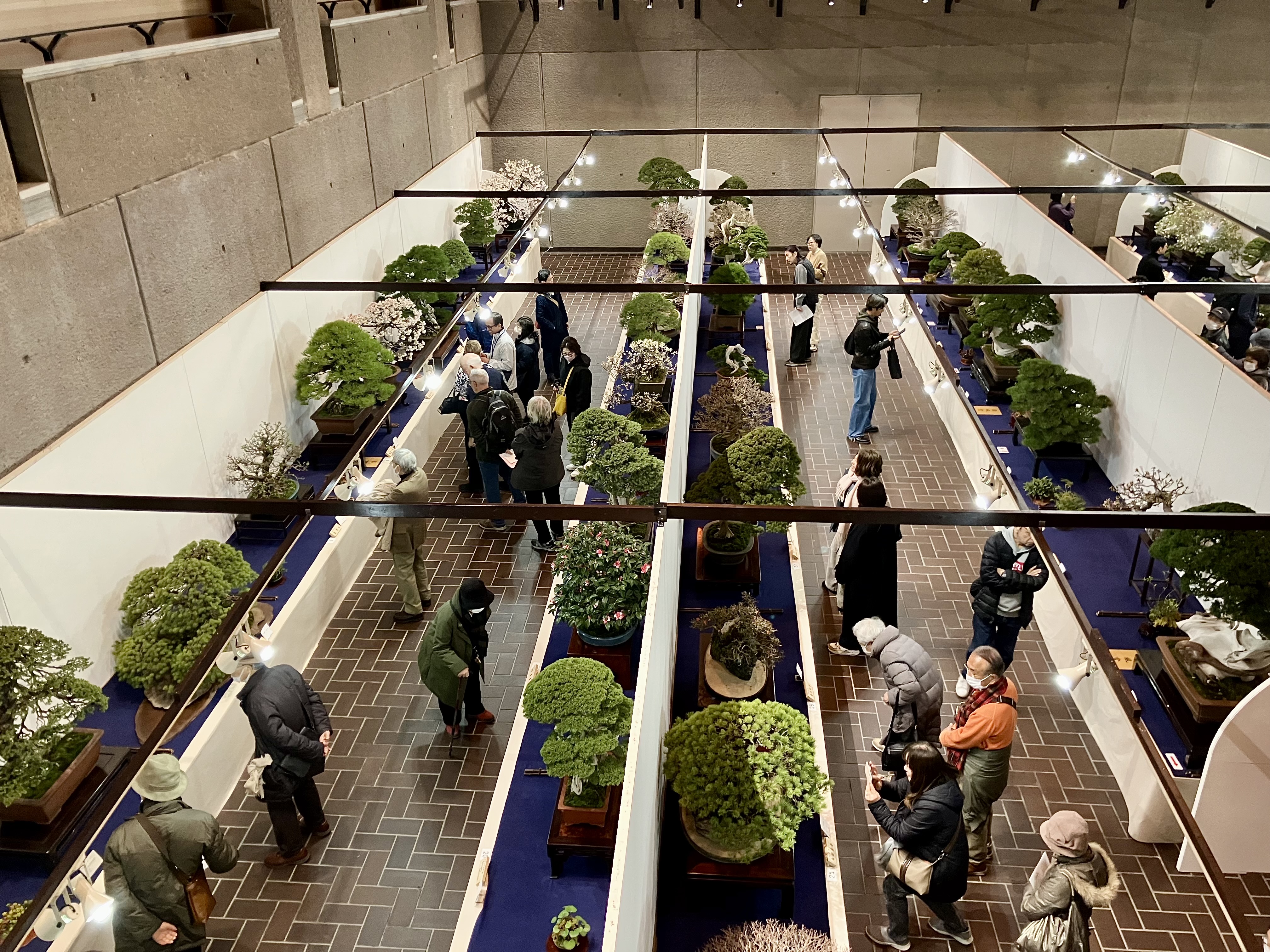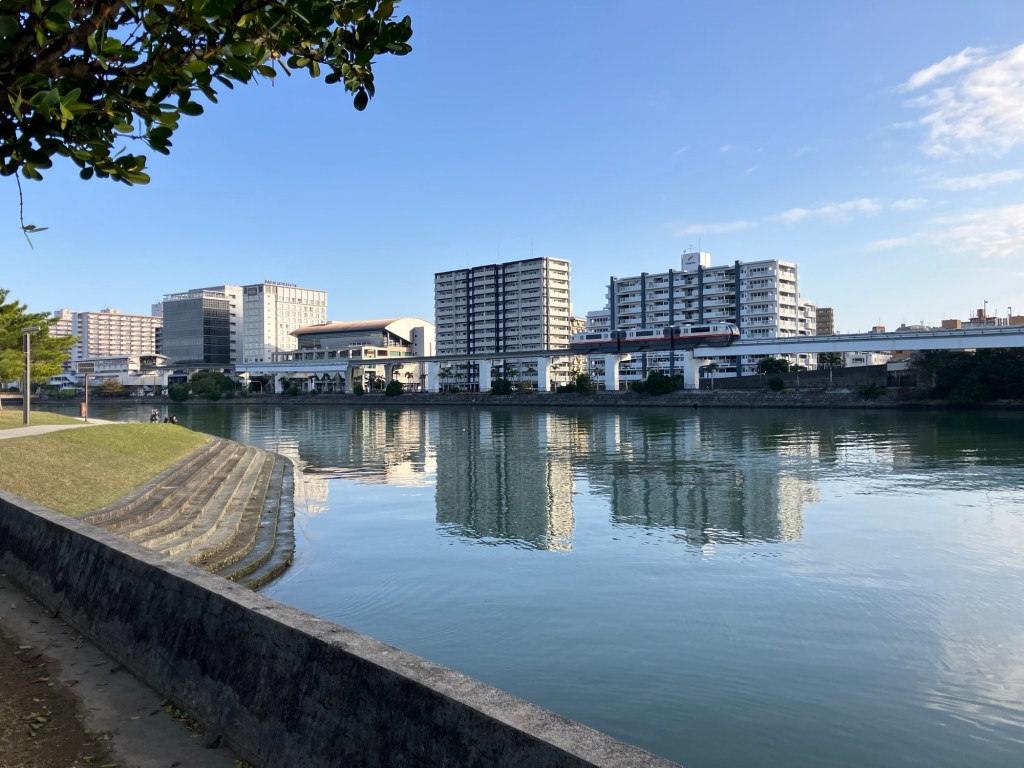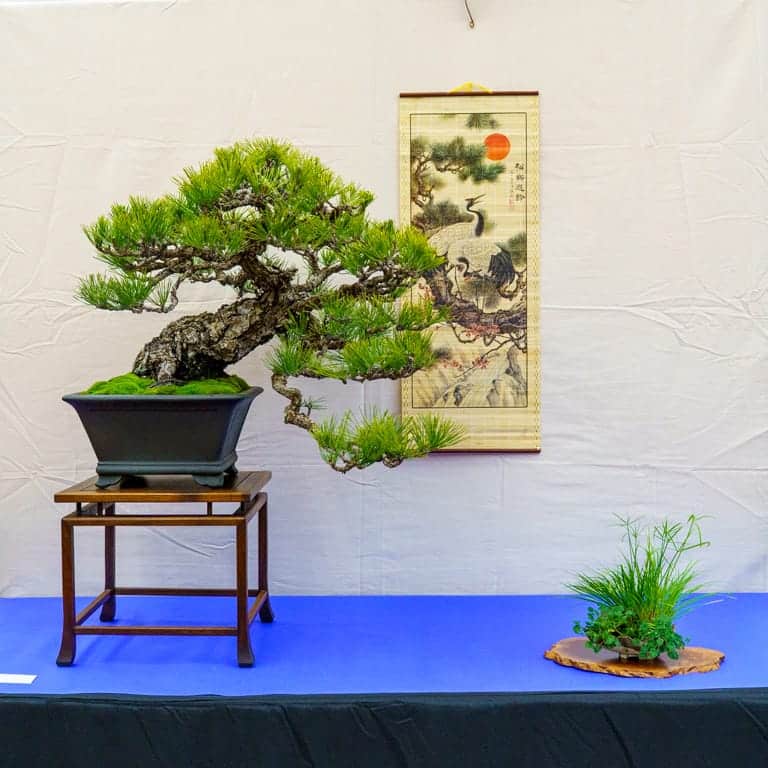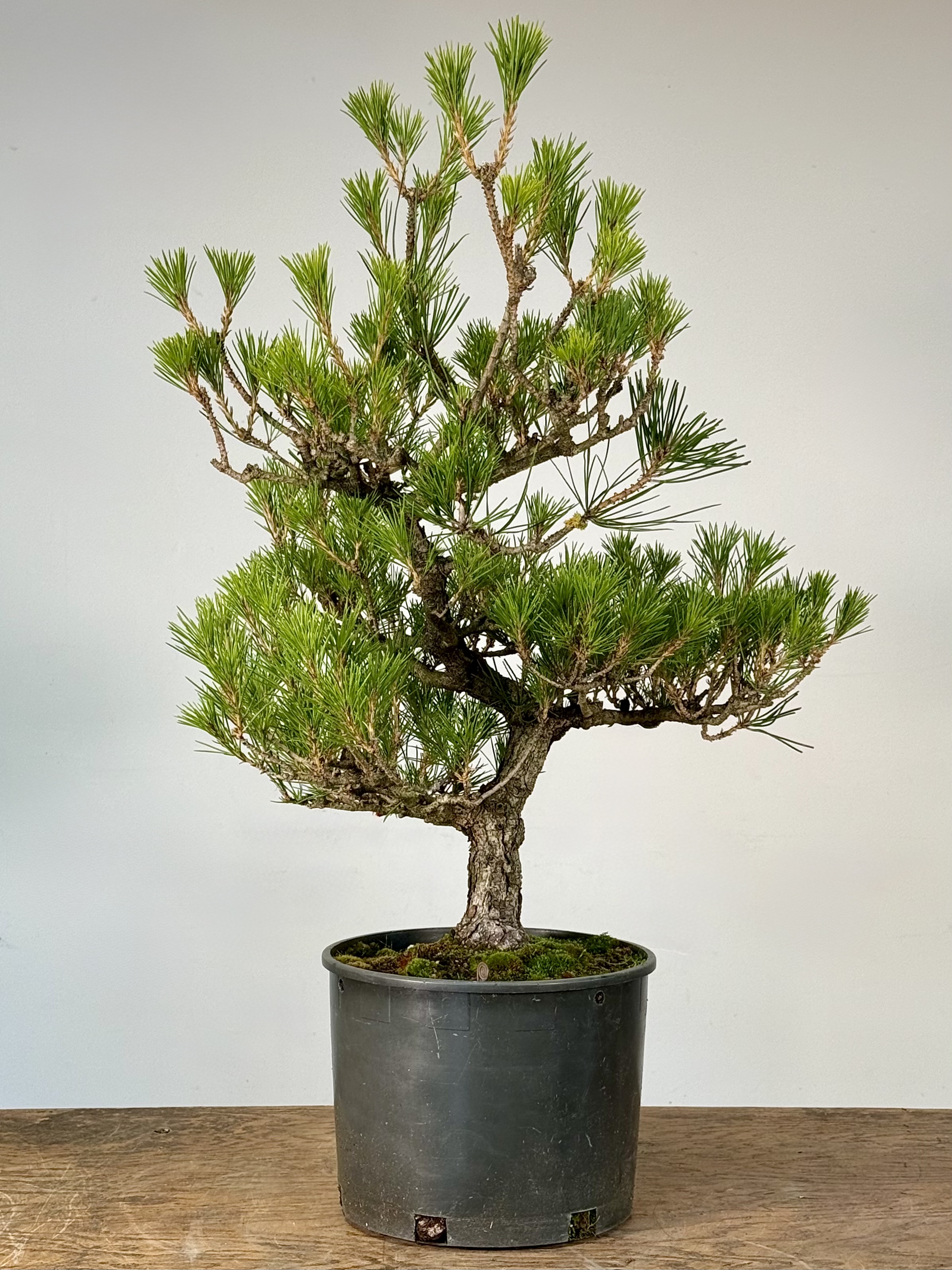
Mid-Michigan Bonsai Message Corner
The next MMBC meeting will be on February 19th, 6:30pm (set up/socializing) - 9pm, at the Foster Community Center, Room 211.
The goal of this meeting will be in providing an overview of the suggested standards recommended by the MMBC World Heritage location.
100th Kofu-Fu Bonsai Exhibition- Part II, 2026– Part 1
- Category: Rss Feeds
-
Tagged under:
- Created: 17 February 2026
Part II of the exhibition on Saturday. I have never seen such a crowd in the 40 years I’ve attended. It looked that there were even more foreign visitors than Part I. There were no Stewartia displayed. Lots of cascade styled trees.
2026 Kokufu-ten: Part I
- Category: Rss Feeds
-
Tagged under:
- Created: 13 February 2026
A few of the ridiculous trees in Part I of the Kokufu-ten. Wednesday was the take-down and switch-out to new trees. And now it’s open again for Part II.
100th Kofu-Fu Bonsai Exhibition- Part I, 2026– Part 2
- Category: Rss Feeds
-
Tagged under:
- Created: 13 February 2026
Part I of the exhibition continued for four days, Sunday through Wednesday. On Thursday and Friday all the bonsai on display will be removed and replaced with fresh trees. That’s a monumental task, especially since all the bonsai are quite large and heavy, usually requiring two, three or four people to lift the largest bonsai. The flatbed rolling carts are limited in number so that makes the time longer for moving. Fortunately, all the large size bonsai are on the first floor. The smaller trees require using elevators which also takes time.
100th Koku-Fu Bonsai Exhibition- Part I, 2026– Part 1
- Category: Rss Feeds
-
Tagged under:
- Created: 08 February 2026
100th Koku-Fu Bonsai Exhibition opened today, February 8, 2026, at the Tokyo Metropolitan Art Museum in Ueno Park, Tokyo, Japan. When it began in March 1934 two exhibitions were held yearly, one in winter and autumn. This schedule was repeated until World War II began and stopped and began after a few years. Several decades ago a double exhibition was held on the tenth years to commemorate the milestones. Then the Nippon Bonsai Association began to sponsor the exhibition in 1964. Before it was sponsored by the Koku-Fu Bonsai Club. Then it was decided to hold double show yearly where approximately all 250 masterpieces were replaced by new bonsai. So, this historic exhibition commemorates the 100th anniversary, not 100 years.
A Day Visit To Omiya Bonsai Village
- Category: Rss Feeds
-
Tagged under:
- Created: 07 February 2026
NO these bonsai are not packed for sale! That’s winter protection for valuable bonsai masterpieces at Mr. Takeyama’s Fuyo-en bonsai garden. More later
A Week In Okinawa
- Category: Rss Feeds
-
Tagged under:
- Created: 06 February 2026
Here is an interlude post about my trip to Okinawa. Next week, back to bonsai, where I hope to share some wonderful old bonsai on Honshu.
Highlights from the Bay Area Bonsai Associates 42nd exhibit
- Category: Rss Feeds
-
Tagged under:
- Created: 06 February 2026
Last month the Bay Area Bonsai Associates held their 42nd annual exhibit at the Lake Merritt Garden Center in Oakland, California. The event featured an exhibit, sales area, and Saturday evening demonstration by Adam Toth.
Japanese Black Pine Styling: #3
- Category: Rss Feeds
-
Tagged under:
- Created: 30 January 2026
Here’s one more rough Japanese Black Pine.
There hasn’t been much taper on these 3 pines. A large cut to a new leader is in order for this one as well.
Japanese Black Pine Styling: #2
- Category: Rss Feeds
-
Tagged under:
- Created: 23 January 2026
Here’s another Japanese Black Pine with major choices ahead.
Twin Trunk (Sōkan): The Quiet Conversation Between Two Trees
- Category: Rss Feeds
-
Tagged under:
- Created: 23 January 2026
In bonsai, some styles announce themselves immediately. Cascades dramatise gravity, literati defy it, and formal uprights project an almost architectural authority. The twin trunk style—Sōkan in Japanese—does something very different. It speaks softly. Its power lies not in spectacle, but in relationship.









